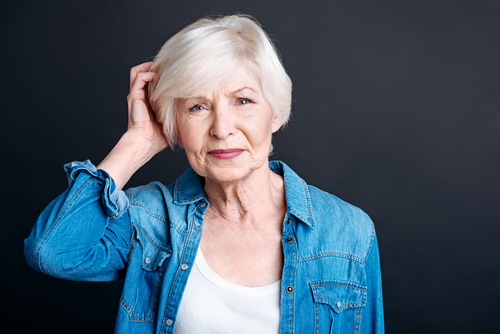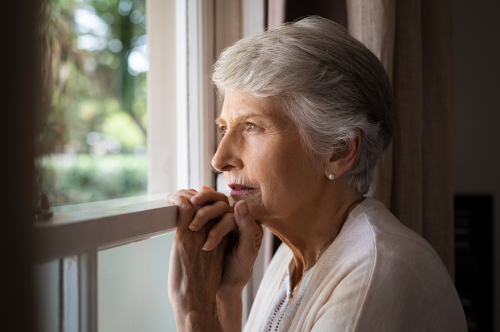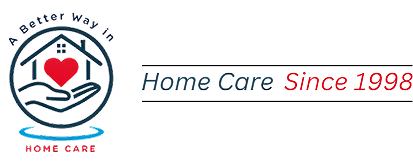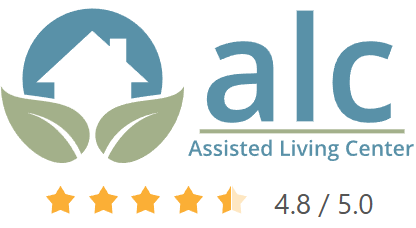Depression is a serious mood disorder that can get out of hand frighteningly fast. It is also a shockingly common disorder across the globe. It affects how we feel and how we act, even the way we think.

It comes as little surprise that the elderly population seems to be particularly vulnerable to it. We must be mindful of the common warning signs of the disorder so we can take action to help the elderly around us overcome depression.
The only way to notice the symptoms of depression early on are difficult to notice unless we can be around our elderly loved ones on a daily basis, a fact to which Beverly Hills home care professionals can testify.
Read on to find out how to recognize depression in the elderly.
What is the most common cause of depression in older adults?
There is a variety of potential causes of depression in older adults:
- Isolation and loneliness: The elderly often face abandonment and loneliness, especially if they live alone or have few people in their lives. Loss of driving privilege and limited mobility are common triggers of depression in old age.
- Health issues: Factors that may increase risk of depression in the eldelry to a considerable extent are medical conditions, be it chronic pain, illness, disability, surgery or cognitive decline, including memory loss.
- Fear and anxiety: The elderly face a rapidly dwindling social circle, which serves as a constant reminder of life’s uncertainty and fills them with fear of approaching death. They may also feel anxious about their financial future or health decline. All of this may further aggravate symptoms such as confusion and memory loss in the elderly.
- Loss of sense of purpose: Retirement and loss of ability to perform what used to be the regular daily routine, even if it’s a mere walk to Beverly Gardens Park, may come with a loss of social status and financial security in the elderly. The elderly may lose self-confidence and even their identity, all of which can contribute to a reduced sense of purpose and, ultimately, depression.
- Loss and grief: Losing a partner, family member, friend or pet results in grief at any point in our lives, but it has a major impact on the elderly as they find it much harder to get on with their lives afterwards. Bereavement is one of the leading triggers of depression among the elderly population.
What are the common symptoms of depression?
The common symptoms of depression include:
- Loss of interest in daily activities
- Hopeless outlook
- Fatigue
- Sleep disorders
- Anxiety
- Irritability
- Fluctuations in appetite and weight
- Inability to control emotions and emotional outbursts
- Suicidal thoughts
How does age play a role in the diagnosis of depression?
Regardless of age, women are more at risk of developing depression than men are. Other major risks of developing depression include social isolation and poor financial status, both of which are common among the elderly population. But age makes things more complicated. Namely, age does not only affect how depression develops, but also the rate at which it develops.
However, the elderly living as active members of a community are less at risk of developing depression. The risk is considerably higher in the elderly who require home healthcare or hospitalization. Depression is also common among dementia patients, as there is a complex link between dementia and depression.
Reach out to professional Beverly Hills home care

At A Better Way in Home Care, we have a mission, which is to help the elderly across Beverly Hills and other communities across Los Angeles County rediscover their purpose in life and reestablish their wellbeing and self-confidence. We will connect you with the leading local providers of home care who are kind and compassionate professionals in the field. You are not alone in this. Contact us today!








